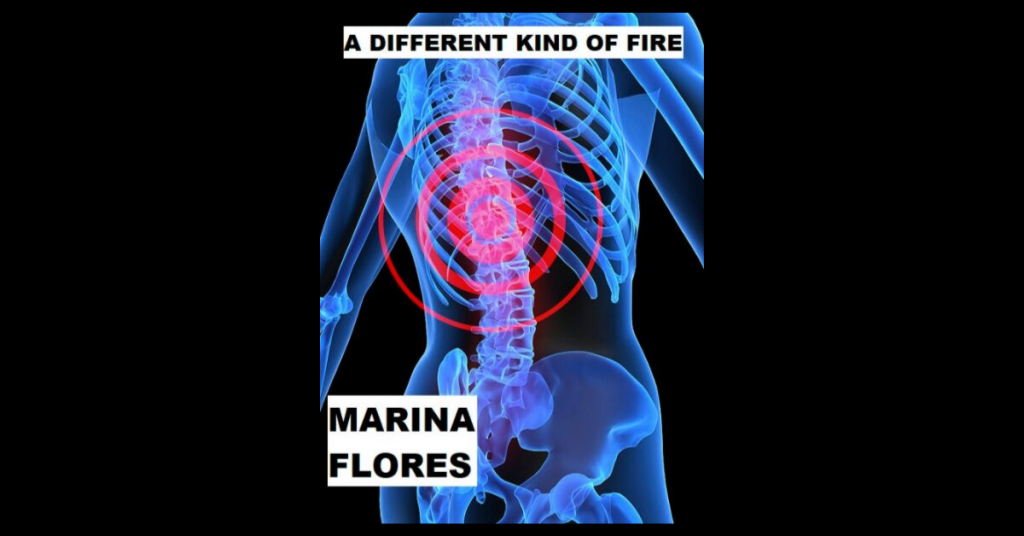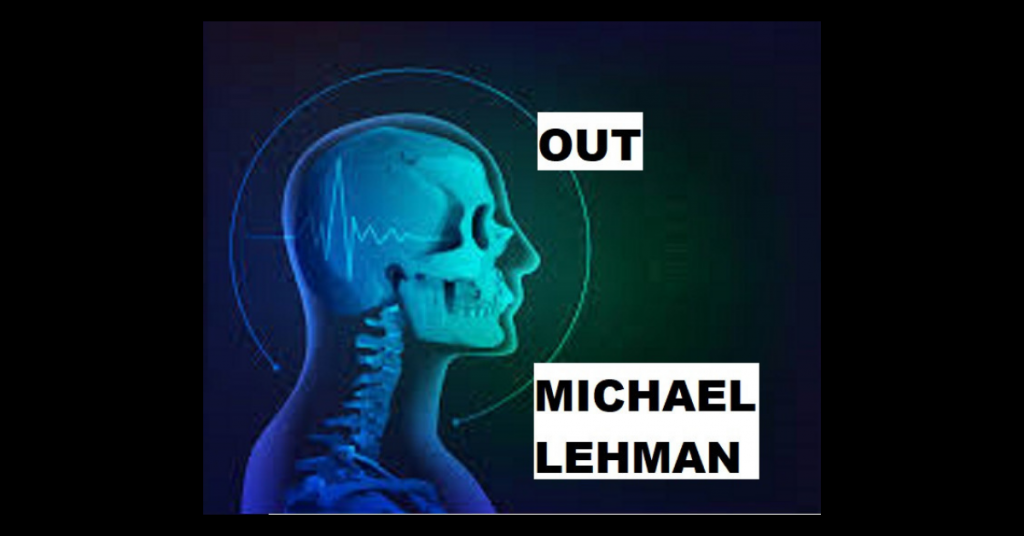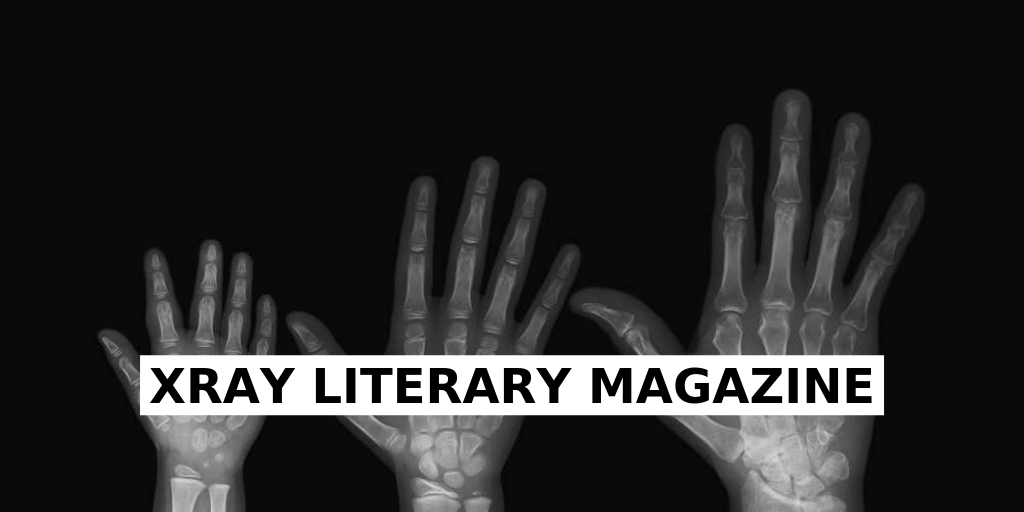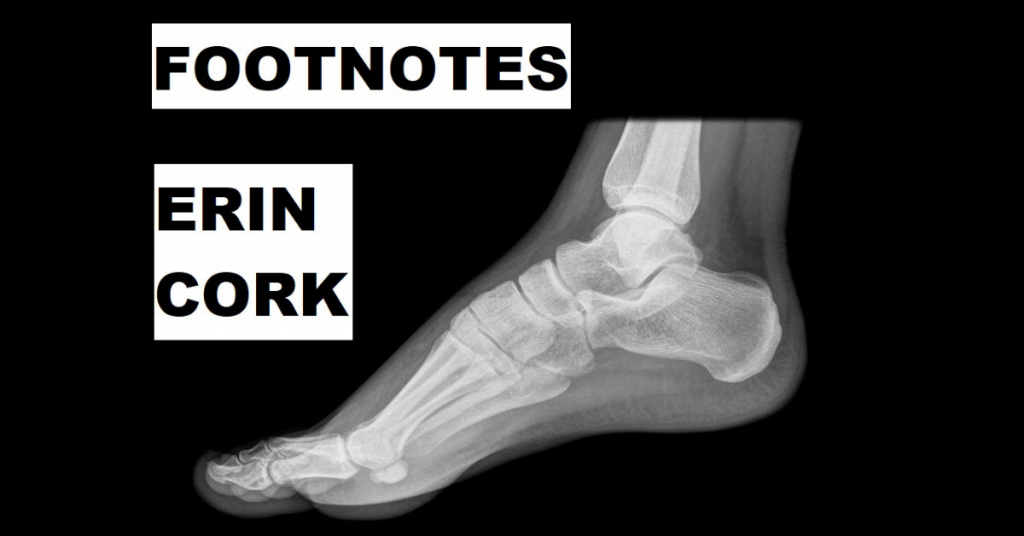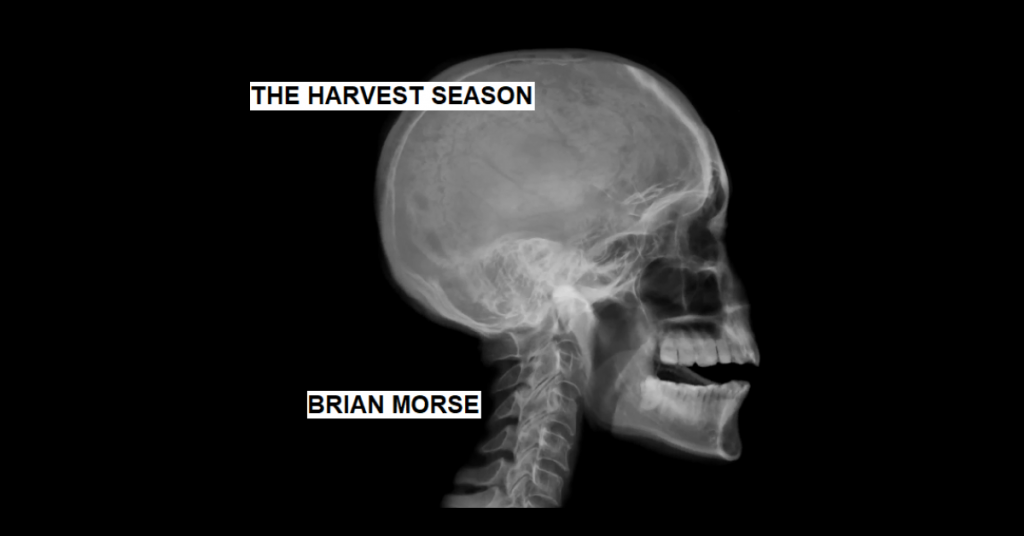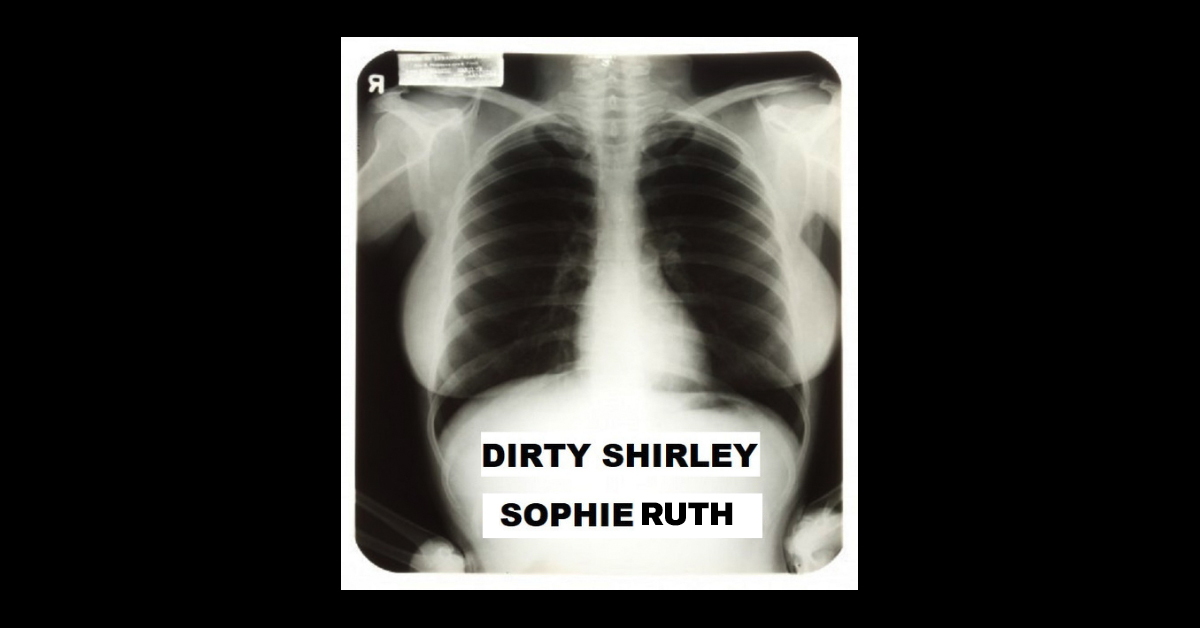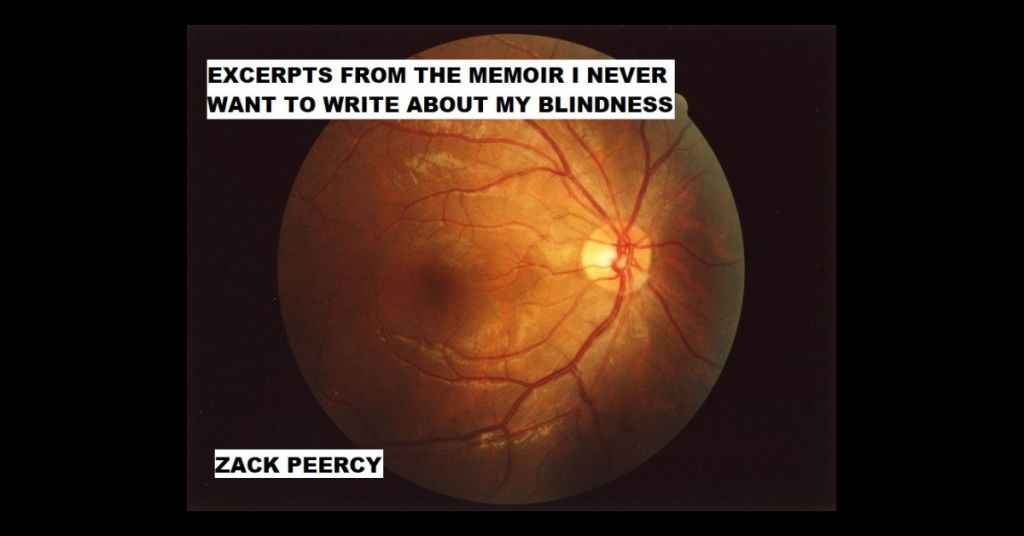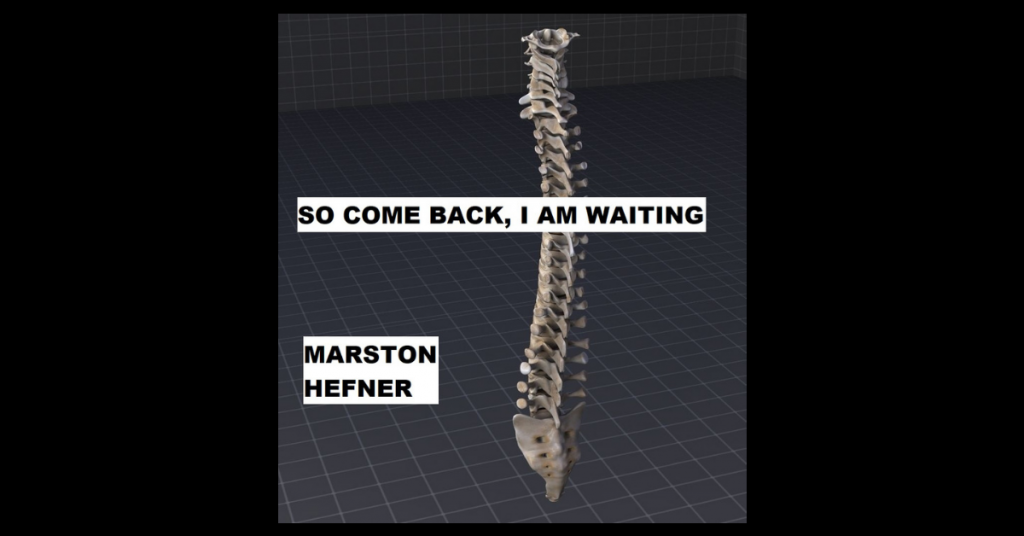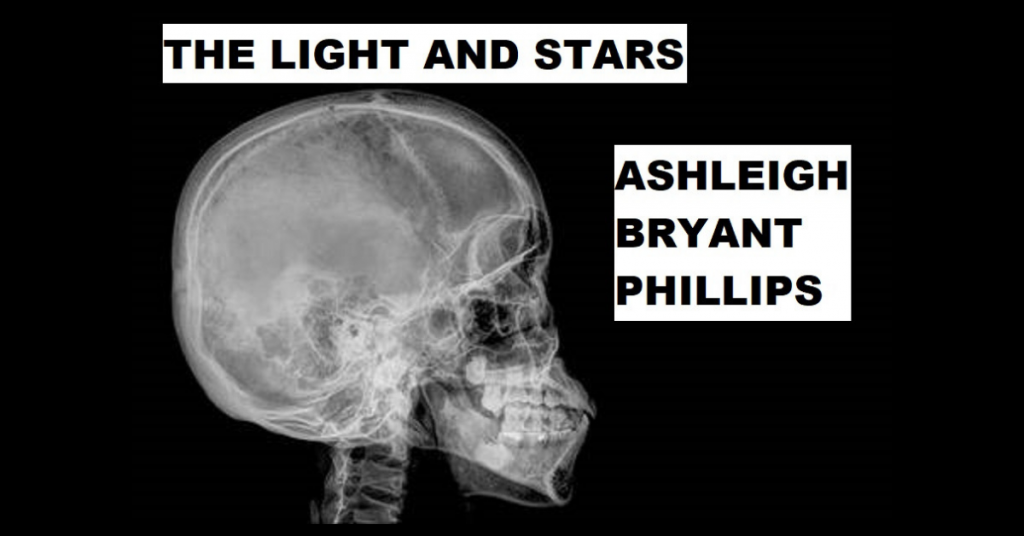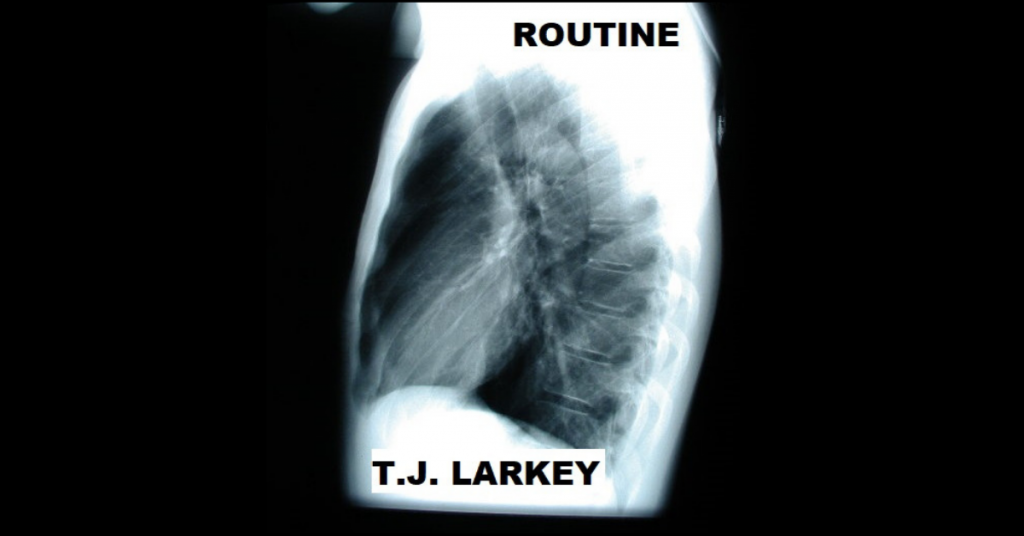
ROUTINE by T.J. Larkey
My girlfriend works late hours, without any real breaks to eat, so it’s my duty to feed us when she gets home. I take this duty seriously. Not serious enough to learn how to cook, but serious enough. I sit in bed fully dressed, waiting. Then she calls me as soon as she’s off and tells me about her day while I drive to the nearest fast food place. It’s our routine. I like routine. It keeps me in line.
“You’re a boy that needs to be kept in line,” she tells me.
“Yes,” I say. “I like routine.”
I get to the fast food place. I always get the same thing and the kid that works the late-night drive-thru shift knows me well. More routine. Keep things simple, and nothing will hurt you. I pull around, collect the correct change from my pocket, and wait for the car in front of me to drive away from the window. On the side of the restaurant, amongst the rocks, the cacti, there are bugs and lizards crawling around. I’ve never seen this before. I watch as a grasshopper is struck down by a lizard, mid-flight, and it scares me. This is not routine. But it’s okay. Get the food, drive home, don’t die, feed your lady, go to sleep, repeat. Okay?
At the window, the kid asks me how it’s going.
“I just saw a lizard end a grasshopper’s life,” I say. “It was ruthless and terrifying.”
“Cool. You want sauce?”
He always asks me if I want sauce. And I always want sauce. It’s routine. It’s comfortable. If he were to not ask me if I wanted sauce, it’s likely I would spin out of control, burn it all down-- the lizards and the sauce and the routine-- all torched.
“Hit me with some ranch, young man,” I say. “And you know I gotta have that hot sauce.”
“Ranch and hot sauce?”
“Oh yeah.”
The kid walks over to the condiments. I watch him. He’s short and a little soft around the middle and he is missing an eye. I try to picture his life outside of the fast food place. And every night it’s the same. I imagine him at home, smiling, playing video games or watching his favorite TV show. I imagine him eating his mother’s cooking, a healthy redness in his cheeks, oh so happy and loved. But then it turns into picturing how he lost his eye. I imagine him screaming in pain, near death. Then I see him in the hospital, bandaged up and trying to come to terms with the fact that this is his new reality, his new view of the world, without depth or promise or opportunity. I feel so sad, thinking about him. I want to tell him it’ll be okay and have him believe me. I want to believe me. But mostly I want to climb into the drive-thru window and hug him and take over his shift so he can go home and play video games and kiss his mother.
“Here you go,” he says. “Sauce and napkins in are the bag.”
“Thanks man,” I say. “Have a good one.”
On the drive back, I notice the SERVICE ENGINE SOON light is on. And my gas is low. I don’t get paid for another 3 weeks. The cost of fast food is cheap, but it piles up. I need to learn to cook. I decide cooking will become my new routine. I will become the greatest chef in the world but I will only ever cook for me and my girl. I’ll buy cookbooks, new pans, a spice rack, the whole thing. My girlfriend will come home to the smells of my love and labor. Scents so good it will become erotic. That’ll be the new routine. Learn to cook so well it makes you irresistible sexually, save money in the process, fix your car, don’t die, keep it simple, repeat.
Okay.
At home, my girlfriend is in sweatpants, starving, tired, but smiling.
“I missed you,” she says. “How was your day?”
“It was good. I didn’t die. And the same cannot be said for everyone.”
“Did you see another accident today?” she asks.
I’d seen an accident the other day. It was bad. One casualty. I’d told my girlfriend all about it, then went on a rant about how my biggest fear is dying in a stupid way. Like a car accident because I was day-dreaming about becoming a master chef/sexual chemist.
“No accidents today,” I say. “Just nature’s routine.”
“Good. Now come here and stuff your face with me.”
I sit down next to her and we stuff our faces. It’s great. It’s routine. I feel full. I look over at my girlfriend and she appears full too. We are tired. I turn the TV on. My girlfriend needs the TV on to fall asleep so she doesn’t think about bad things that keep her awake. And I cannot sleep with the TV on because my brain latches on to everything. So I stay awake. Reading while the TV is on. I use a night light she bought me to further enhance the routine-- holding the book in one hand-- while the other hand is placed gently upon my girlfriend’s ass. Until she falls asleep. I turn the TV off. And for a few minutes I think about my day. I know a good portion of tomorrow will go the same, and it makes me feel calm. For the first time in my life, I feel calm before bed. Because of the routine. I fall asleep.
***
A few days later, at the fast food place, there is a disturbance in the routine. I order my food, but the line isn’t moving. I start to panic. I text my girlfriend. Long line. But I’m okay. I’ll be home soon. In the rearview, I see a man approach. He’s one of the employees. Belly hanging over belted khakis.
I roll my window down.
“Hello,” he says. “Sorry about this line.”
His voice is soft. Soothing. A bit of a lisp. And his face makes me trust him.
“It’s okay,” I say.
“The man at the window right now,” he says, looking around at the empty parking lot. “He won’t leave. I just called the cops but he still won’t leave.”
He smiles. I love him. I would do anything for him. His voice has pain in it and I want to bottle it up and take it home for him. Make the pain my own.
“You want me to talk to him,” I say, unbuckling my seatbelt. “I come here every night so I feel kind of protective of it.”
He laughs. “No. But if you wouldn’t mind pulling out and walking inside we can get you your food in a few minutes?”
I wouldn’t mind. I would love to come inside. It’s not routine. But it’s exciting. A whole new world.
I back out of the drive thru and park near the entrance. The cars in front of me do the same. I’m first to the door and I hold it open as a group of people, all wearing clothes they wouldn’t normally wear in public, walk in one by one. The man that was in front of me is in flip-flops and tank-top, making a face that expresses how much he’d like everyone to know how annoyed/exhausted he is. And a group of three very large women follow behind, wearing sweatpants and talking about how crazy/weird this is.
“He’s probably drunk,” one of the women says.
“Yeah, what an asshole,” another says.
I stand behind them. Thinking about other strange occurrences that have happened in this fast food place. There was the time an ambulance was called because a man had a heart-attack inside, right before the dining area was closed for the night. And there was the time a man tried to break in because they wouldn’t let him order through the drive-thru on foot. I think, how would these women react to those incidents? Then I stare coldly at them.
“We better get a free taco or something for this,” one of them says.
“Shush,” the woman who started this conversation says. “They might hear you.”
The man in flip-flop’s order is called and he walks up to the counter. He pays. I watch the man with the soft voice apologize to him and hand him his food. Then I watch as the kid with one eye scrambles around making the women in sweatpants’ food.
“Your food will be ready soon,” the man with the beautiful voice says to the women. “And, umm, we threw in some free curly fries for you.”
The women all thank him. But it’s not good enough. Nothing in this world would be enough for the man with the beautiful voice. Nor the kid with one eye. I think about the man that started all this, and I hate him, yes, but in another way I love him for creating this beautiful scene.
“Three cheeseburgers, and three large cokes?”
“And curly fries?” one of the women says, walking up to the counter.
“And curly fries.”
They pay. I wait. The suspense building. When my order is called, I walk up to the counter smiling.
“Here you go,” the man says. “And I threw in an extra taco for you.”
“No,” I say. “You didn’t.”
“Yeah. For the wait and everything. We’re really sorry.”
“It’s no problem. The guy still here? Need me to talk to him?”
“Actually, I think he umm, heard me say I called the cops to those women that were behind him because he left right after.”
“Good,” I say. “Was he drunk or…?”
“Yeah. He took a really long time to order and I couldn’t understand him so he started cursing at me and umm, telling me I should go back to my own country.”
“Fuck that,” I say. “He should go home, forever and always.”
He laughs. The kid with one eye brings the food to him and gives me a thumbs up. The exchange is complete. I feel sad. But I understand.
“Well,” I say, “Hope you guys have a good rest of your night. See ya next time.”
“You too,” the man says, his voice seeping inside me.
On the drive back home, I start thinking about my life before the routine. Through all the memories, one obvious moment sticks out. Years ago. I’d woken up in a strange place, still drunk, and decided to spend my last three dollars at a fast food place nearby, in order to sober up. I hadn’t had fast food in years. When I was drinking every day, I ate very little. Mostly eggs and nearly expired deli meat—in order to save money for booze. But that day I didn’t have a choice. I sat at a table near the empty play-area for children, eating a two-dollar cheeseburger and sipping free water from a small paper cup. After the cheeseburger was in my stomach, I just sat there, watching people eat, feeling sad and unable to move but not sure why. It seems funny now. Life before the routine. I laugh. My entire life before the routine seems absurd and distant. But I realize that very soon, I will need a new routine. I will feel that same kind of two-dollar cheeseburger sadness and a new me must emerge from that sadness. The discarding of and creation of routines will become a part of a larger routine and they will all build and be called my life.
When I get home my girlfriend is wearing one of my t-shirts.
“How was your day?”
“Full of love.”
“Kiss me.”
“They gave me a free taco.”
We kiss. We eat. We have sex. She falls asleep. The routine is complete. And the last thing that goes through my head, before I drift off, is nothing.

